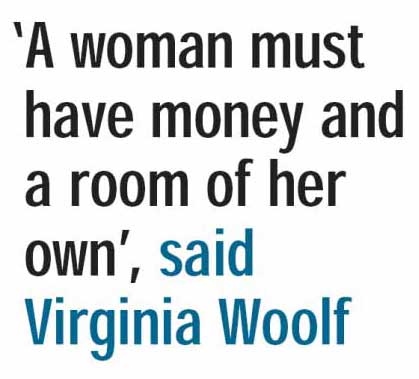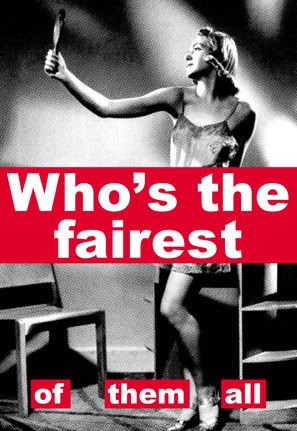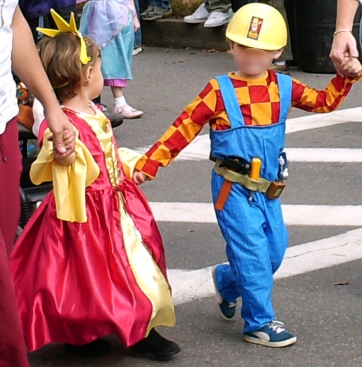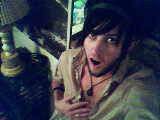
Friday, January 30, 2009
virginia woolf's a room of one's own

Monday, January 26, 2009
mary wollstonecraft's a vindication of the rights of woman


Friday, January 23, 2009
instances of the "cinderella fairytale" in popular culture

Wednesday, January 21, 2009
angela carter's the bloody chamber
 *the bloody chamber is a collection of short stories (rewritten fairy tales) published in 1979 by angela carter —fascinated by the matriarchal, oral, storytelling tradition
*the bloody chamber is a collection of short stories (rewritten fairy tales) published in 1979 by angela carter —fascinated by the matriarchal, oral, storytelling tradition

Friday, January 16, 2009
1/16 class notes & quiz (the cinderella complex)

"hopefully this sense of passivity that develops in girls from reading fairy tales no longer exists" — laura.
Wednesday, January 14, 2009
Retelling Cinderella

Before blogging I made sure to read both versions of Cinderella first. I began with the Brothers Grimm version of Cinderella’s tale, which turned out to be a departure from the Disney animated film.
Slightly darker, and slightly less entertaining, it employed repetition (i.e. redundancy to hammer its main points home). For example, I circled “pious and good” b/c they repeatedly described Cinderella as such. I was surprised by the mom’s sudden, unemotional death at the story’s beginning. This made me even more surprised when Cinderella continually “wept,” another word they used more than once.
Also on the first page, I circled “How decked out she is!” I was unaware that phrase existed way back when, I thought it was relatively new. I also circled “worked herself weary” and “dusty and dirty,” noticing the “w” and “d” sounds repeated.
What I didn’t understand from the Grimm brothers’ version, I easily obtained from Anne Sexton’s poem, “Cinderella.” For example, I actually underlined the whole sentence from the Grimm’s story: “And because she always looked dusty and dirty, they called her Cinderella.” That made no sense to me at first, but after reading Sexton’s post-modern (and pessimistic) retelling of the story, it made more sense when Sexton writes “Her stepmother and sisters didn’t recognize her without her cinder face.” From working in the ashes (i.e. cinder), she would have been dirty and had it all over her, including her face.
I also discovered just what the Grimm brothers meant when they wrote, “The prince, however, had set a trap. He had had the entire stairway smeared with pitch.” At first I was like, “What’s pitch?” Then, Sexton came through again with an explanation: “However on the third day the prince covered the palace steps with cobbler’s wax.” So that’s what pitch means.
Other terms from the Grimm brothers’ story that I circled due to their archaic-ness included “hazel twig,” as well as the birds who “lit around the ashes.” That just meant they were sitting, or resting.
Where the Grimms departed from Disney’s version were the inclusion of the magic tree, Cinderella’s status as “Birdwoman” (like Aquaman), the pigeon coop (vs. the pumpkin carriage), the non-existence of a fairy godmother, the gore factor surrounding the stepsisters cutting off toes and heels to fit into Cinderella’s shoe, and finally, the creepy “Rook di goo, rook di goo!” song the pigeons and turtle dove sing. Weird. I was also shocked to see Cinderella’s dad refer to his daughter as “deformed” when in reality she was now the only daughter that wasn’t (following the do-it-yourself amputations). The final difference from the Disney version was the pigeons who pecked both of the stepsisters eyes out at Cinderella’s and the Prince’s wedding. Ouch.
In Sexton’s poem, she referenced several people / things I was unfamiliar with. For example, I didn’t know Bonwit Teller was a department store. I also didn’t know Al Jolson was a famous American singer in the first half of the 20th century. I had to look up what to “curry favor” meant: to seek to advance oneself through flattery or fawning. The final pop culture reference from Sexton I looked up to double check was the Bobbsey twins, two characters from a long running children’s book series like I thought.

